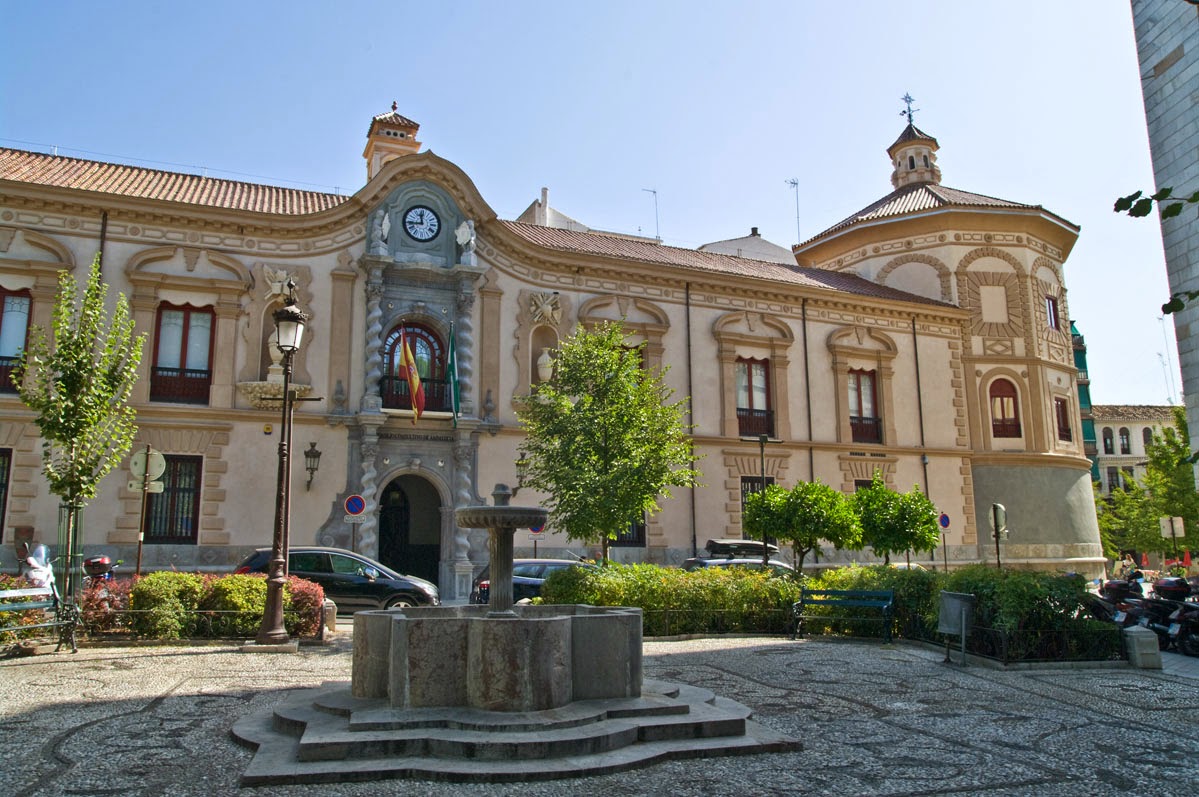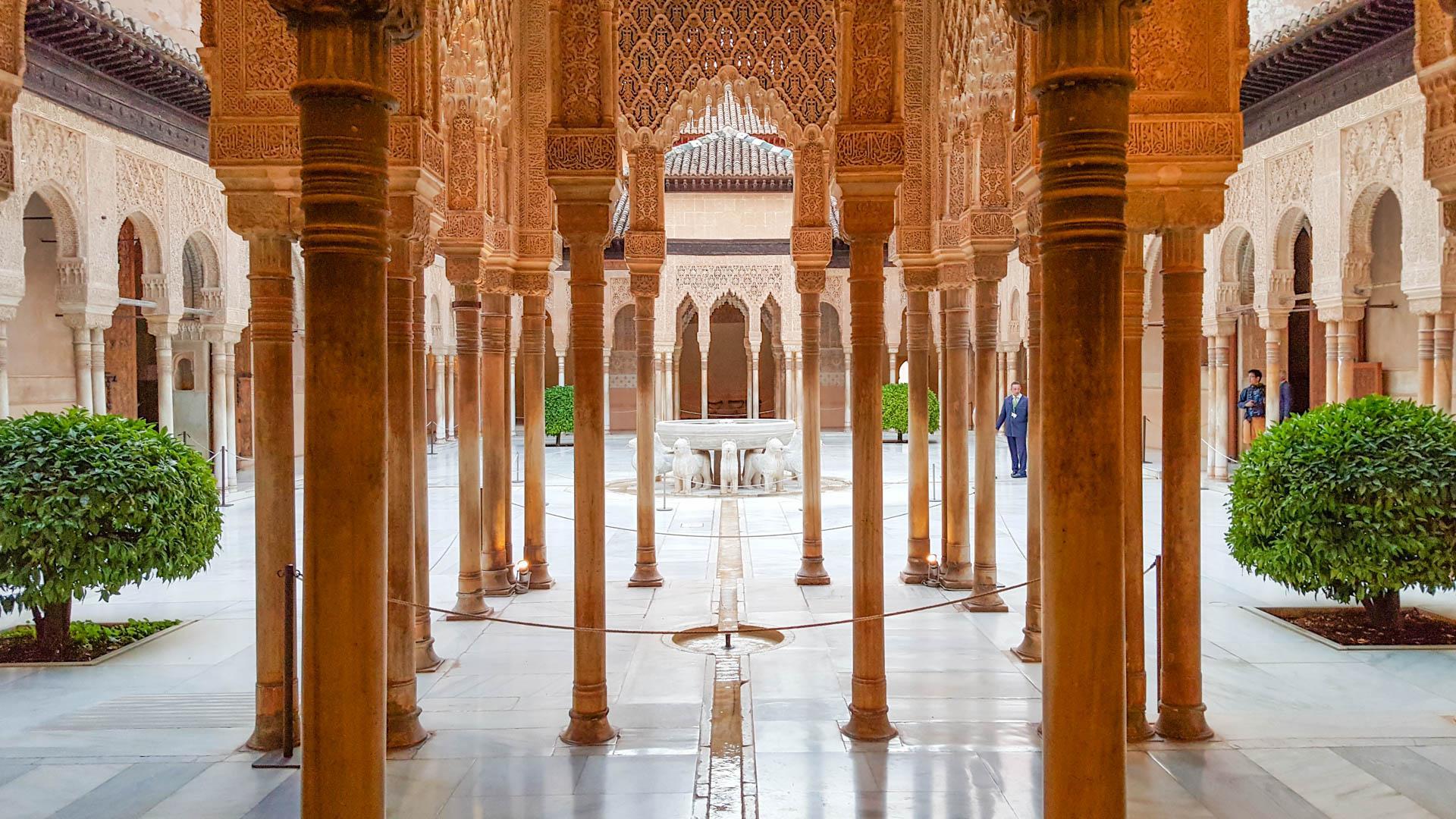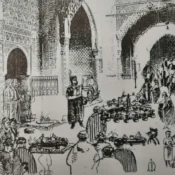Quixote and Granada

Quixote and Granada
The references to Granada throughout history, visually and in literature, are immense. Perhaps one of the things that surprised us the most and that we want to talk to you about in this blog post, is that the city appears in the famous Don Quixote of La Mancha.
But first of all, let's contextualize a little. Don Quixote de la Mancha is a crowning novel of Spanish literature, written by Miguel de Cervantes in the 17th century. At a time when chivalric novels were a trend, the writer decided to give a twist to all the courteous and noble fantasy that characterized that type of literature. He distanced himself from all this by making, we could say, a parody. The protagonist of the story is Alonso Hidalgo, a nobleman from a lower social class, and his hobby is reading chivalric novels; He gets so involved in these stories that he ends up confusing reality with fiction and believes he should become a knight. He is accompanied by characters as diverse as his horse, Rocinante, or his squire Sancho Panza, or his love, Dulcinea.
Well, it turns out that Miguel de Cervantes, the author of the work, worked as a tax collector in Granada during 1594, and on more than one occasion he would have passed through a square that is right in front of the Bibataubín Palace, which at that time At that time it was known as Rondilla de Granada. Apparently, at that time the square served as a meeting place for evildoers and people with bad lives, and this was reflected in the work. Don Quixote meets an innkeeper (an innkeeper) who had become a knight fighting against all these heartless men:
The innkeeper, who (...) looking for his adventures, without having left the Percheles of Malaga, the Riarán Islands, the Compás of Seville, the Azoguejo of Segovia, the Olivera of Valencia, the Rondilla of Granada, the Playa de Sanlúcar, the Potro of Córdoba and the Ventillas of Toledo and other various parts, where he had exercised the lightness of his feet, the subtlety of his hands, making many one-eyed people, reposing many widows,11 undoing some maidens and deceiving some pupils.
Apart from this quote, we recommend you to read the novel in case you are not familiar with it, because it is considered to be the peak of the Spanish literature.
All categories
- Arquitectura islámica
- Arte y decoración en la Alhambra
- Visitors Tips
- Cultura andalusí
- Granadian Sayings
- Folklore
- Granadian Cuisine
- Granada
- Granadian Province
- Alhambra History
- Distinguished Granadians
- Useful information
- Granadian Literature
- Granadian Literature
- Magic, legends and mystery
- Granadian Miscellany
- Granadian Nostalgia
- Granadian Traditions
- Granadian Traditions
- Guided tours
Latest posts




